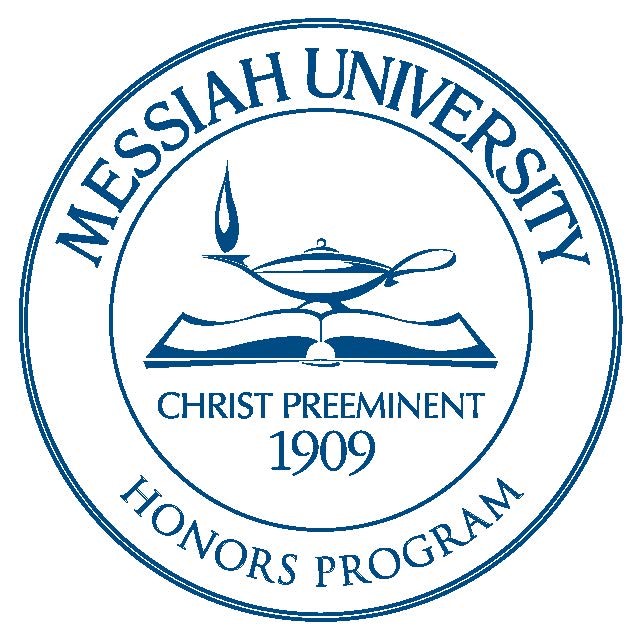Date of Award
5-8-2009
Document Type
Thesis
Department
Politics and International Relations
First Advisor
Dr. Curry
Abstract
During the first twenty years or so of the Cold War, the United States experienced a "Red Scare" which permeated domestic politics and society. Deconstructing this phenomenon is challenging, particularly when it comes to detecting anti-communist interpretations of "good" and "evil" in films. While it might be plausible to argue that Hollywood filmmakers largely lifted commonly-held attitudes from American culture when it promoted anti-communist messages, at the very least Hollywood also sought to intensify anti-communist attitudes amongst the American public. Given the history of the "Red Scare," one might credibly assert that the U.S. government bore most of the responsibility for such messages in Hollywood films, which only complicates the situation further. For one, to what extent did the U.S. government direct the messages of Hollywood films? And regardless of whether the government's role was substantial or not very significant, what kinds of messages were being sent out to American ( as well as foreign) audiences throughout the early Cold War? To frame the question more specifically: how were values such as "good" and "evil" portrayed in a medium that was allegedly so amenable to propaganda?
Recommended Citation
Pilling, Meredith Noelle, "Heroes and Villains: Good, Evil, and the Unraveling of the "Cold War Consensus" in Hollywood Films" (2009). Honors Projects and Presentations: Undergraduate. 288.
https://mosaic.messiah.edu/honors/288


